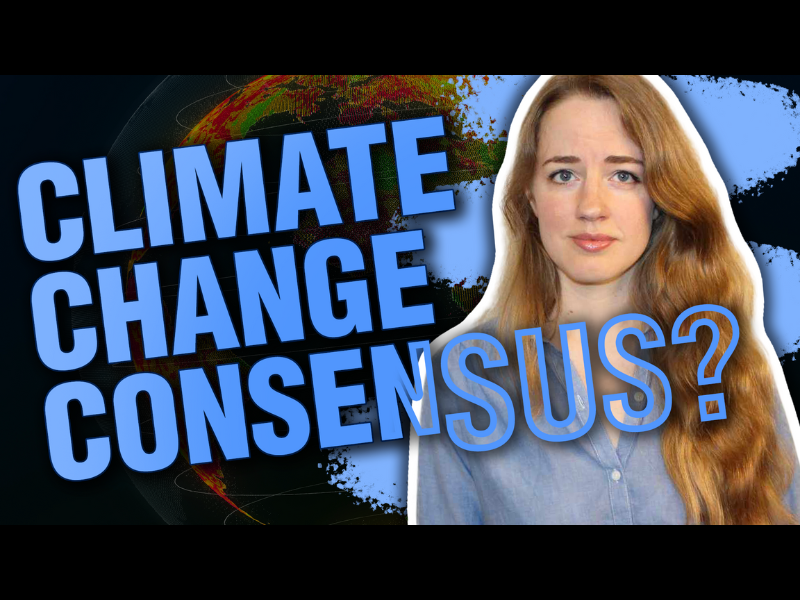Editor’s Note: Oregon state Sen. Alan Olsen (R-Canby) has served two terms in the state Senate. Olsen serves as vice-chair of the Oregon Senate Committee on Environment and Natural Resources and is a member of the Senate Committee on Veterans and Emergency Preparedness and the Legislative Audits, Information Management, and Technology Committee.
Burnett: Some Oregon legislators have proposed what they call a “cap and invest” climate bill which would force industry to purchase allowances to emit carbon dioxide. Estimates are the bill would cost Oregon commuters $50 to $125 more per month for fuel and raise the price of electricity for residential ratepayers by as much as 27 percent by 2030, with businesses facing even steeper increases. What are your thoughts on this bill?
Olsen: This is not a cap and invest bill but rather a cap and swindle bill. It hampers prosperous, productive companies by limiting their carbon dioxide output, which limits their ability to produce products. When you tack on the cost of the credits, it will artificially drive up prices on goods and services.
In other words, the law would swindle people out of their hard-earned dollars so the government can provide funds to the nonproductive under the guise of investments. It is just a giant wealth redistribution scheme, directed by the state government, which will produce very little reduction in carbon dioxide each year.
Burnett: On your website you indicate improving government efficiency requires greater transparency and accountability. Wisconsin recently enacted the Regulations from the Executive in Need of Scrutiny (REINS) Act, making it the first state to require all major regulations proposed by administrative agencies be approved by the state’s legislature and signed by the governor before they may take effect. Do you think Oregon should adopt similar legislation?
Olsen: What a novel and great idea. It may never happen in Oregon, however, because transparency would expose the complete ineptitude of our executive branch. Oregon does have immense problems in many of its agencies, but when brought to the light of day by the Secretary of State in his audits, the problems are quickly swept under the rug. The legislature is just as negligent in its oversight of agencies. It routinely refuses to hold anyone accountable for malfeasance.
I would be willing to propose this legislation in the next session, 2019, and see if we can get bipartisan, bicameral support.
Burnett: As vice-chair of the Senate Committee on Environment and Natural Resources, what energy or environment legislation are you proposing or supporting this session? Is there legislation under consideration you have concerns about?
Olsen: I, along with a senator from the other side of the aisle, have proposed legislation that should fix some problems with the [state’s] Department of Energy.
The legislation establishes a six-person commission to oversee the operations of the department. It also makes the Energy Supplier Assessment fee legal. A group representing nine publicly owned utilities in Oregon had sued the state energy department, challenging an annual fee imposed on energy suppliers that provides 35 percent of the agency’s operating budget.
The utilities argued the assessment was actually a tax, and, as such, claimed neither the legislature nor the Energy Department followed the requirements necessary to impose or increase the fee. The courts found for the utilities that the fee was a tax, so our bill establishes the fee in law and sets it at 0.15 percent of gross revenues. This should bring accountability and efficiency to an agency with a history of serious problems.
The governor [Kate Brown, a Democrat] has dragged her feet about moving this legislation forward, even after she was the one that wanted the legislature to review the agency and write legislation to correct the deficiencies.
I continue to be a staunch opponent of cap and invest. This bill will do nothing more than provide monies to the party in the majority to repay its environmental base, while costing Oregonians their jobs and driving up the cost of all goods and services in our state.
Laws restricting carbon dioxide emissions are a vehicle used to rob from the productive and redistribute to the pet projects of the state. A classic case of picking winners and losers, with Oregonians being the losers on all fronts.
H. Sterling Burnett, Ph.D. ([email protected]) is a research fellow at The Heartland Institute.
Official Connections:
State Sen. Alan Olsen (R-Canby): http://www.alanolsen.com/index.php; [email protected]





